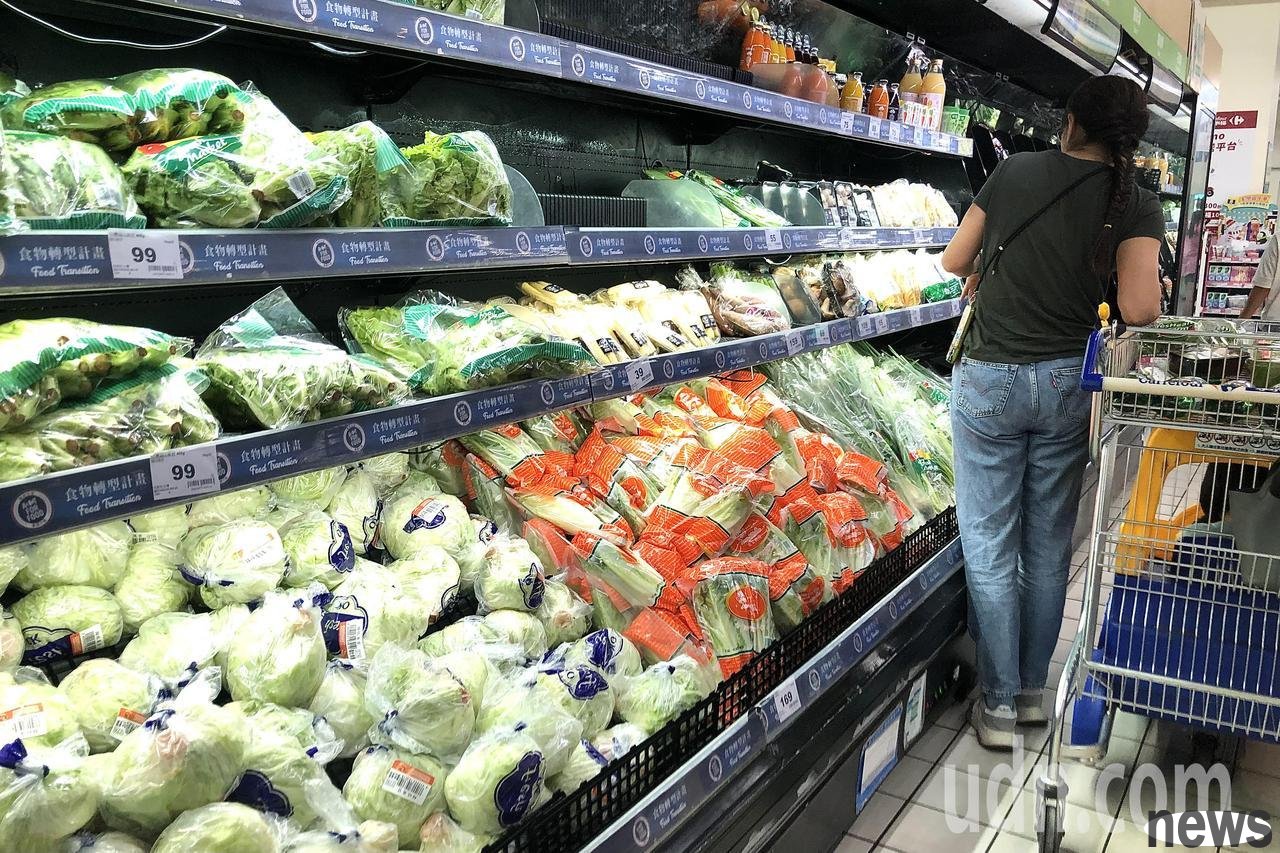
In an era of high prices, it is more important to be more careful in daily expenses, especially the ingredients for daily three meals, which is one of the keys to achieving the effect of saving money. Japanese congressman Harumi Maruyama taught the hostess who bought vegetables in supermarkets in "Female セブンプラス". In addition to locking in cheap goods, there are more ways to help save purses.
The three major savings principles for supermarket shopping1. Go to the supermarket in the morning to purchaseMany people believe that merchants start selling clearance and promotion at night, which is a good time for shopping, but from the perspective of the date, it is recommended to choose to go in the morning. In the morning, you can buy a complete inventory of some promotional products, and you can choose fresh ingredients with better quality.
In addition, you are more mentally energetic and not easily tired in the morning. You can make more rational judgments and are not easy to buy.
2. Plan ahead. Shop in order.It is recommended to decide the shopping route before visiting the supermarket to avoid unnecessary expenses caused by wandering around without destinations.
The common shopping method in the past was "to decide the main dish first and then choose the side dish", but it is recommended to change it to "look at the vegetables first and then choose the meat type". Generally, the main dishes are chicken, pork or pork, so you can first check which type of vegetables is cheaper and then buy the suitable main dishes.
3. If you buy portions for three days at a time,and buy vegetables every day, it is recommended to buy ingredients for about three days at a time. The purchases are small, which can reduce additional expenditures. Although it is economical to buy a week, it is also difficult to consider the time of preservation and preparation. The amount of three days is easier to master and can also consider the convention and practicality.
Behaviors that should be avoided when shopping in supermarkets1. Buy special prices or spot items without thinkingAlthough special prices can save money, if you buy them just because they are cheap, it may be a waste of money. If the quality of raw food is poor, the edible parts may be far lower than expected and unfamiliar ingredients may not be used, resulting in waste. Even if the price is discounted on the list, if the original price is too high (such as high-priced beef), it will still be a high consumption. For non-essential items such as desserts and breads, discounts are not equivalent to necessary consumption.
It is recommended to think repeatedly before purchasing, such as "Can you eat it completely?", "Are you finished eating?", "Is the price after discounted within the budget?" and other practical questions.
2. Continuously running multiple supermarkets with goods compared to three. In order to make it cheaper, they can easily cause reverse effects. To increase fuel costs by driving, walking or taking public transportation also requires additional time costs, making it easier to be attracted by products that are not included in the plan, causing further waste. Unless it is clearly distributed like "Milk is only bought in store A and bread is only bought in store B", it is not recommended to purchase separately.
The ideal approach is to complete the shopping needs on that day in one supermarket at a time to avoid additional expenses. If you cannot control yourself, consider using online supermarkets to reduce the risk of buying impulse.